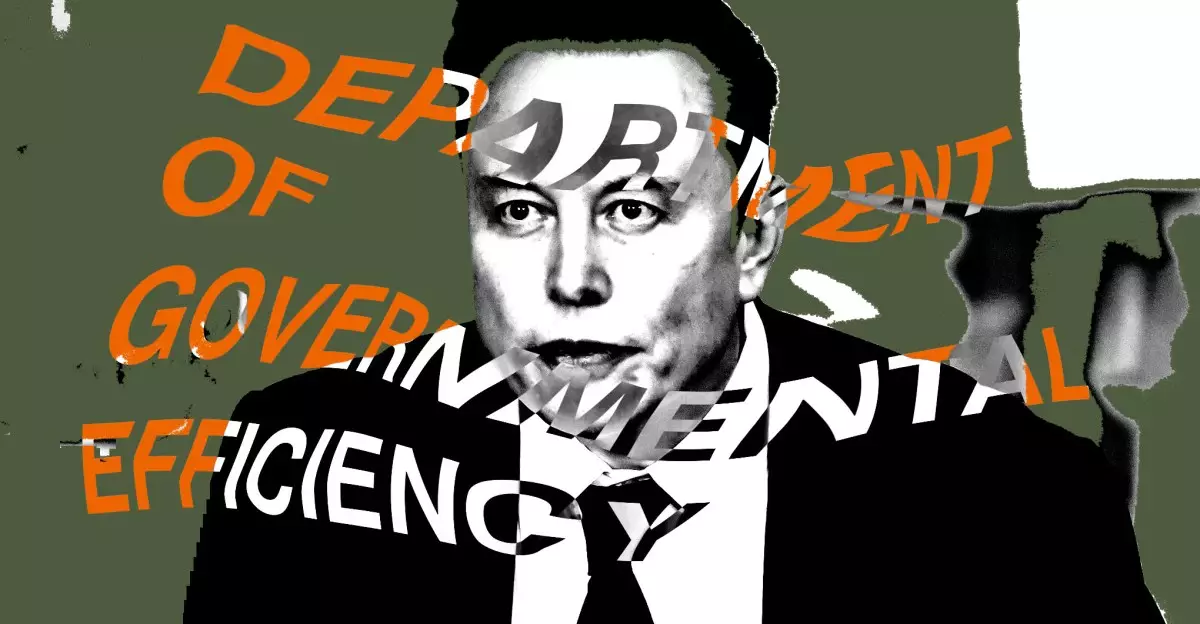This past Saturday, a surprising email circulated among federal employees, prompting them to compile and submit bullet points detailing their accomplishments from the previous week. The email, reportedly sent by the Office of Personnel Management, came with a tight deadline for responses—11:59 PM ET the following Monday. This initiative, which spurred significant contemplation about accountability within federal agencies, raises questions about the motivations behind such a request and its implications for the employees involved.
Adding to the intrigue, technology mogul Elon Musk took to Twitter to announce the impending email directive, suggesting that it was part of a broader initiative to gauge productivity among federal workers. However, he added a rather alarming stipulation: failure to respond would be interpreted as resignation. Legal experts quickly denounced this claim, asserting that it would be illegal to interpret a lack of response in such a manner. Leading voices, including University of Michigan law professor Sam Bagenstos, voiced concerns that the request might lead some employees to unwittingly break federal laws.
In light of the email and Musk’s assertions, many are scrutinizing the legal ramifications of such demands on federal employees. House Minority Leader Hakeem Jeffries voiced strong opposition, stating that Musk’s comments may create undue distress among government workers, their families, and ultimately affect workplace morale. The notion that an individual, no matter how influential, could unilaterally enforce such a directive over federal employees—who are protected by civil service laws—raises serious concerns about governance and authority.
This email episode reveals a deeper issue regarding leadership and accountability in both the private and public sectors. Musk’s management style, which has previously come to the forefront during his time at Twitter, often involves instilling a culture of urgency that can border on merciless. Many observers argue that such an environment can deter creativity, innovation, and morale—crucial elements of effective public service and robust corporate culture.
Public and professional reactions to this incident have highlighted the potential risks of intertwining state accountability with private sector norms. The continuous oscillation between the spheres of government and public figures like Musk complicates discerning where authority lies. As employees scramble to respond to these unprecedented requests, the looming question remains: Is this a harbinger of a new operational paradigm within the federal landscape, or merely another fleeting social media spectacle?
This peculiar request not only signifies a departure from traditional civil service expectations but also serves as a pressing reminder of the potential consequences when private sector ethos disrupts public sector operations. As the dust settles, all eyes remain on whether federal employment will emerge unscathed from this controversial influence.

